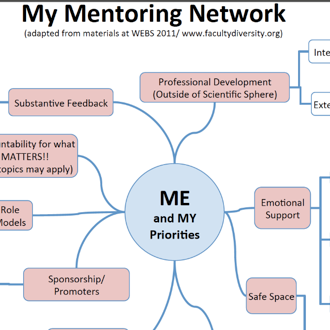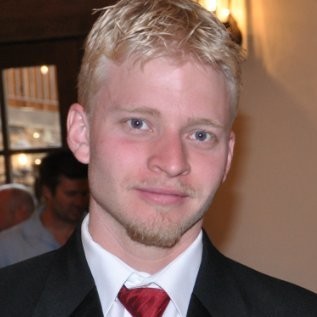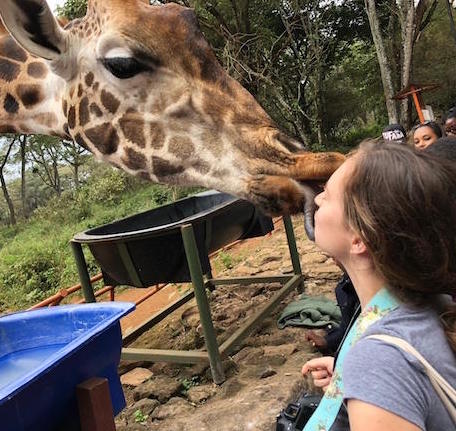Back to Back: Advancing Your Network
By Shannon Loelius, PhD Candidate and iBiology Intern, and E’Lissa Flores, PhD, URBEST aluma and Associate at Milken Institute
Last we spoke, we talked about the importance of establishing a network, and how to go about doing that. So, now that you have one, what do you do with it? We will be addressing that question on this edition of “Back-to-Back”. As before, two people with vastly different personalities (one entirely extroverted, the other introverted) will discuss their perspectives on the topic.
My Job Search Experience - Securing a Postdoctoral Position Outside of My Area of Expertise
News Article by Mike Rudy, Postdoctoral Fellow at University of Rochester and Adjunct Professor
I was warned that finding a college teaching position can take a very long time, and that tenure-track positions are even harder to find. It’s a message that was reiterated many times, but I thought my preparation and teaching experience would make my own job search a bit easier. After all, by the time I graduated, I’d accumulated over 100 contact hours of college-level teaching experience, including an adjunct teaching position at St. John Fisher College here in Rochester. So with a fair amount of teaching experience under my belt, a first author publication, and a freshly minted Ph.D., I figured it should be relatively straight forward to find a teaching position near my family in Colorado. I was wrong. What I failed to anticipate was the difficulty I added to my job search by limiting my search to a specific (and far-away) state.
Big Smiles from Humans for Education
News Article by Heather Natola, PhD
When I first joined URBEST, with the intention of eventually doing an internship, I assumed I would be somewhere sitting at a desk, looking professional, and maybe doing some writing. It turns out, I was only correct in one out of three assumptions. This past August, I traveled to Kenya with support from URBEST and direction from Humans for Education.
2018 Annual URBEST Retreat and Career Workshop
News Article by Tracey Baas, URBEST Executive Director
The Annual URBEST Retreat and Career Workshop is an event to gather URBEST trainees, those who would like to be trainees, and those who would just like to see what all the noise is about. This year, we had a number of URBEST alumni come back to tell us about their scientific next steps: Jon Baker from J. Craig Venter Institute, Claire McCarthy from the National Cancer Institute, Katie Smolnycki from Fred Hutch, Corey Hoffman from BARDA, and Virginia Glazier from Niagara University. Included in our speaker lineup was our very own UR Derek Crowe, who shared his insights on scientific communication, and UR Steve Dewhurst, who shared what his students have taught him as a mentor. We also had Randy Ribaudo from SciPhD come in for his fourth URBEST Career Workshop, invited back by popular demand from students and postdocs alike. I think a lot of deep conversations were shared and -- based on the photographs -- some fun was had. Big thanks to the Advancement Team that organized our very own photographer Matt Wittmeyer for the Retreat and our URBEST sponsor and philanthropist Theresa Chen, who joined us all the way from Stanford, California. If you'd like to see what UR trainees are saying about the URBEST Program, read on!
The Loneliness of Grant Writing
News Article by Steve Dewhurst, Professor of Microbiology & Immunology and Vice Dean for Research at the UR School of Medicine & Dentistry
Almost all of us, as researchers, spend a good deal of our time thinking about grant proposals. That’s because grant funding gives us the means to explore our ideas, and to do the things we think are important. We also all recognize that most grant applications will be rejected by the funding agencies to which we submit them. So we become creatures of persistence. What’s discussed less often, is the actual experience of grant writing.





